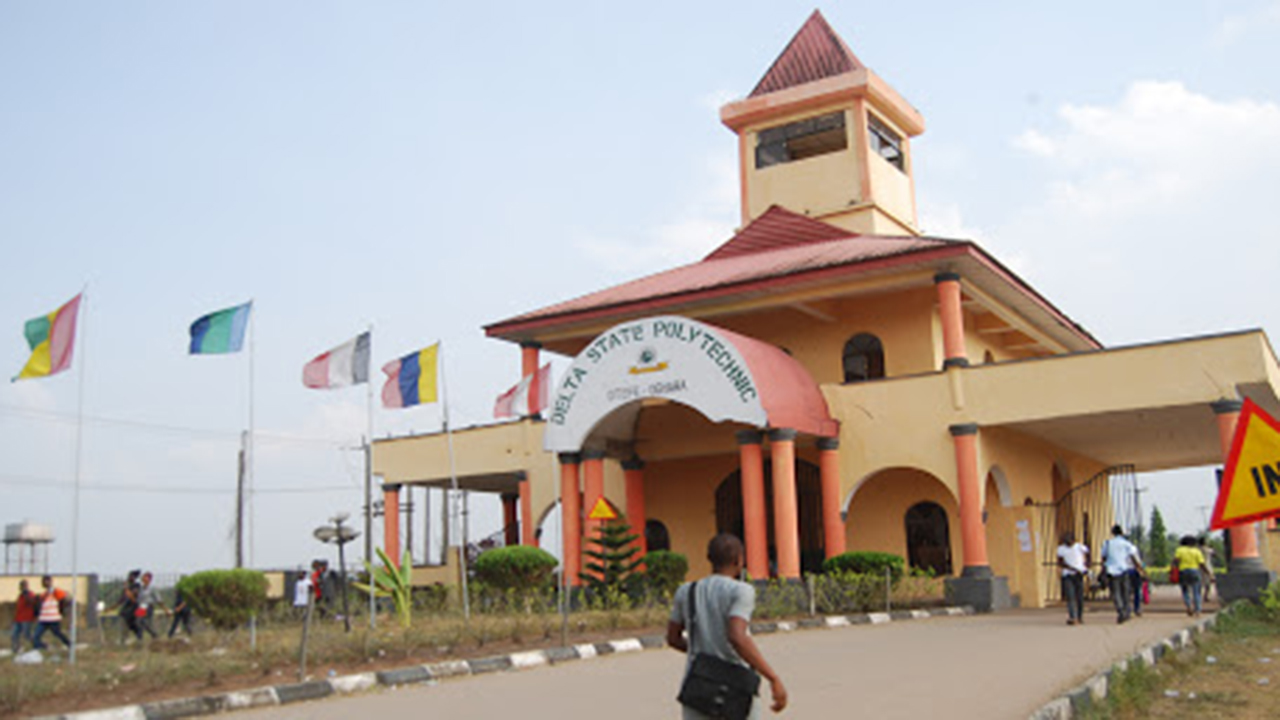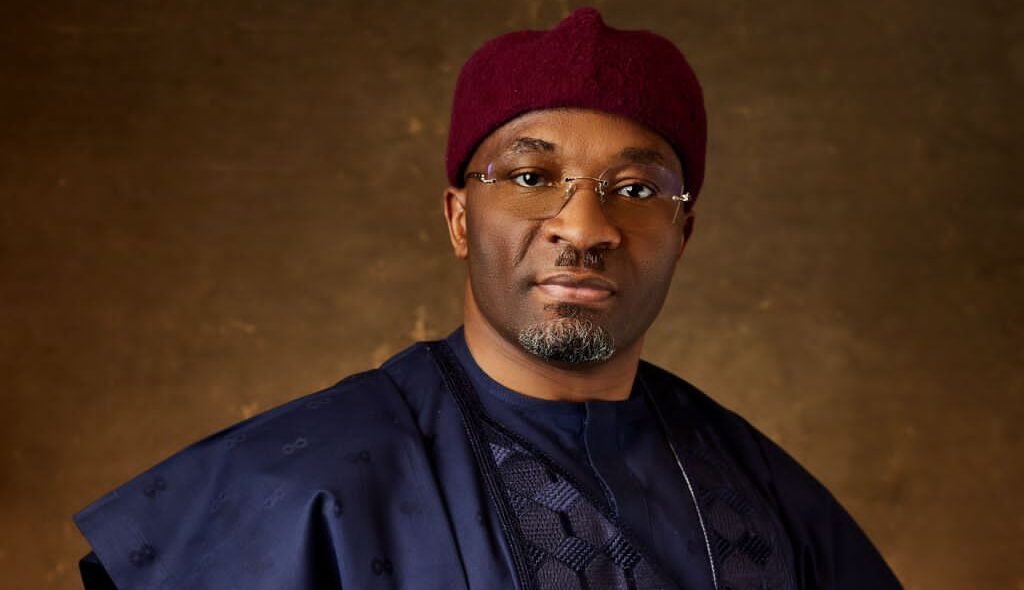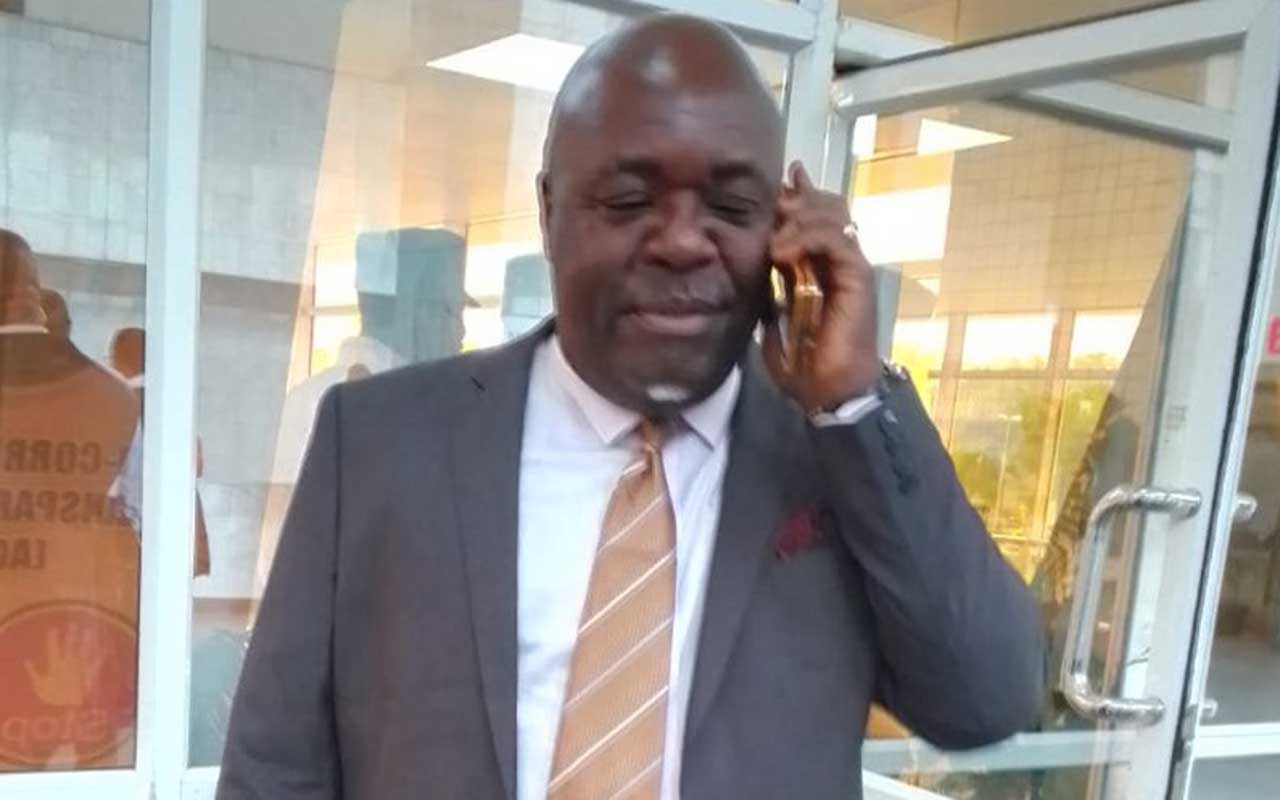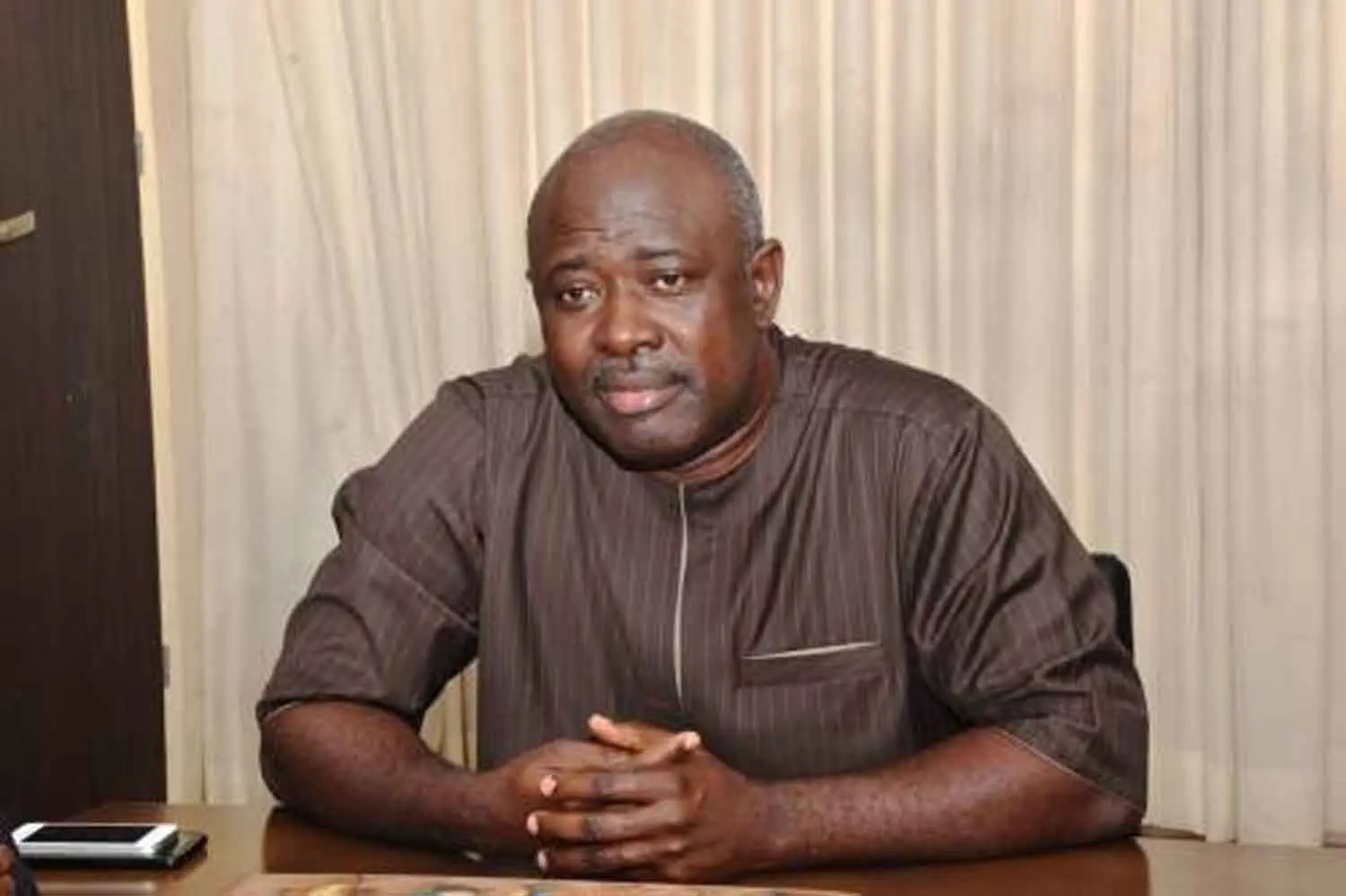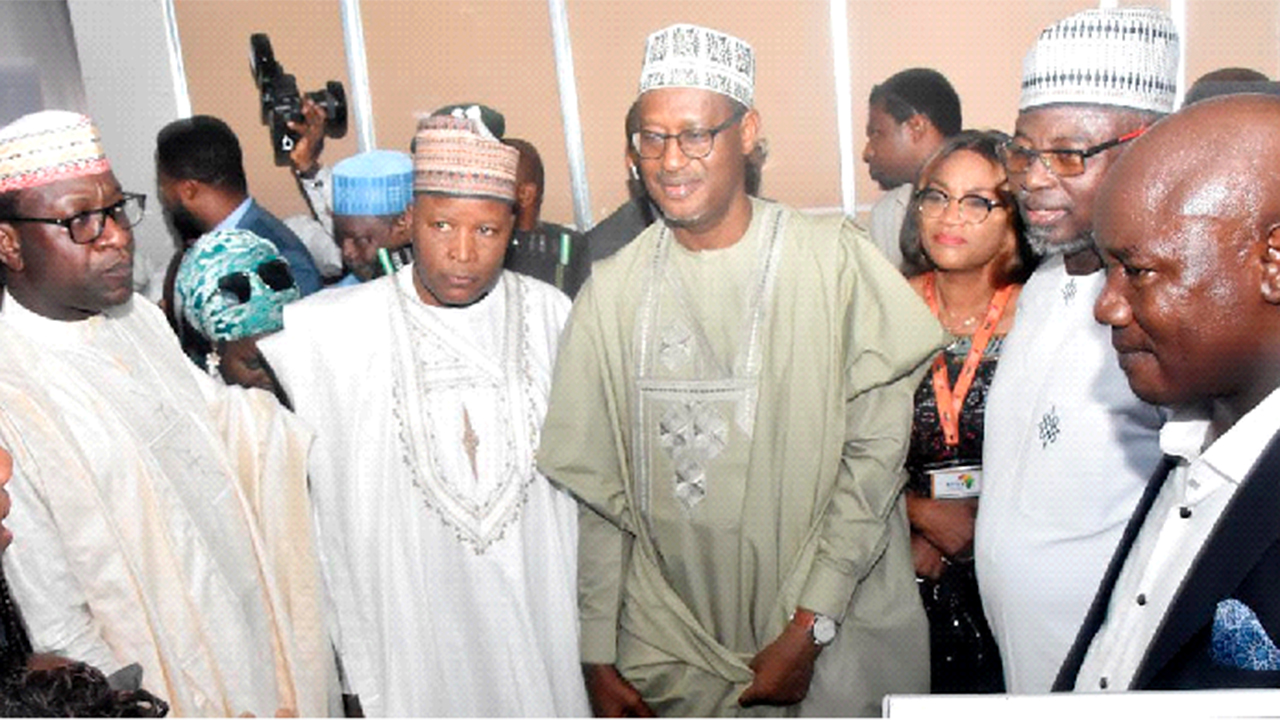By Chinedum Uwaegbulam
The Enugu State Government has begun the process for the development of a science-based climate policy through comprehensive data and scientific analysis, which will form the bedrock to develop a strategic climate action plan.
The government engaged with stakeholders during an inception meeting for the proposed Enugu State Climate Policy and Action Plan, organised in collaboration with the Society for Planet and Prosperity (SPP), and supported by the African Climate Foundation in the state capital.
The meeting had a broad representative from top government functionaries, civil servants, businesses, civil society organisations, youth-based groups, women groups and those living with a disability, and was aimed at aligning the climate strategies of Nigeria’s states at the national level with that of the state level.
In his welcome speech, the State’s Commissioner for Environment, Prof. S. C. Ugwu, traced the effects of climate change on the state and communities to rainfalls, dry seasons, increased frequency, intense flooding in homes, as well as gully erosion that split roads and endanger lives and property.
The governor, Dr Peter Mbah, represented by the Secretary of the State Government, Prof. Chidiebere Onyia, who delivered a keynote entitled: “The Vision of the Climate Resilience and Green Economy,” noted that the state built a solid team to actualise a green economy and build the resilience of the state to climate change.
Apart from setting up the necessary structure that will drive climate action, policy, climate change resilience and green economy, he shared objectives based on local content and local structure. He also stated that it is based on the three-key pitch of sustainability, inclusivity and innovation.
Mbah added that substantiality is at the heart of climate policy in the rural economy, clean energy, sustainable agriculture and circular economy. He informed the gathering that the 250 model schools being constructed by the government will be powered by renewable energy sources.
The state is equally working hard to capitalise on the circular economy, climate-resilient infrastructure plan and provide a sustainable economy, he added, underlining the need to balance projects that are green and sustainable in the long run. It was also revealed that the government is also working towards changing from a coal city to a green city.
Also speaking, SPP Chairman, who also serves as the Special Adviser to the government on Climate Change and Sustainable Development, Prof Chukwumerjie Okereke, stated the importance and relevance of the state to have a scientific-based climate policy and action plan that will help the state in transforming towards a green economy.



